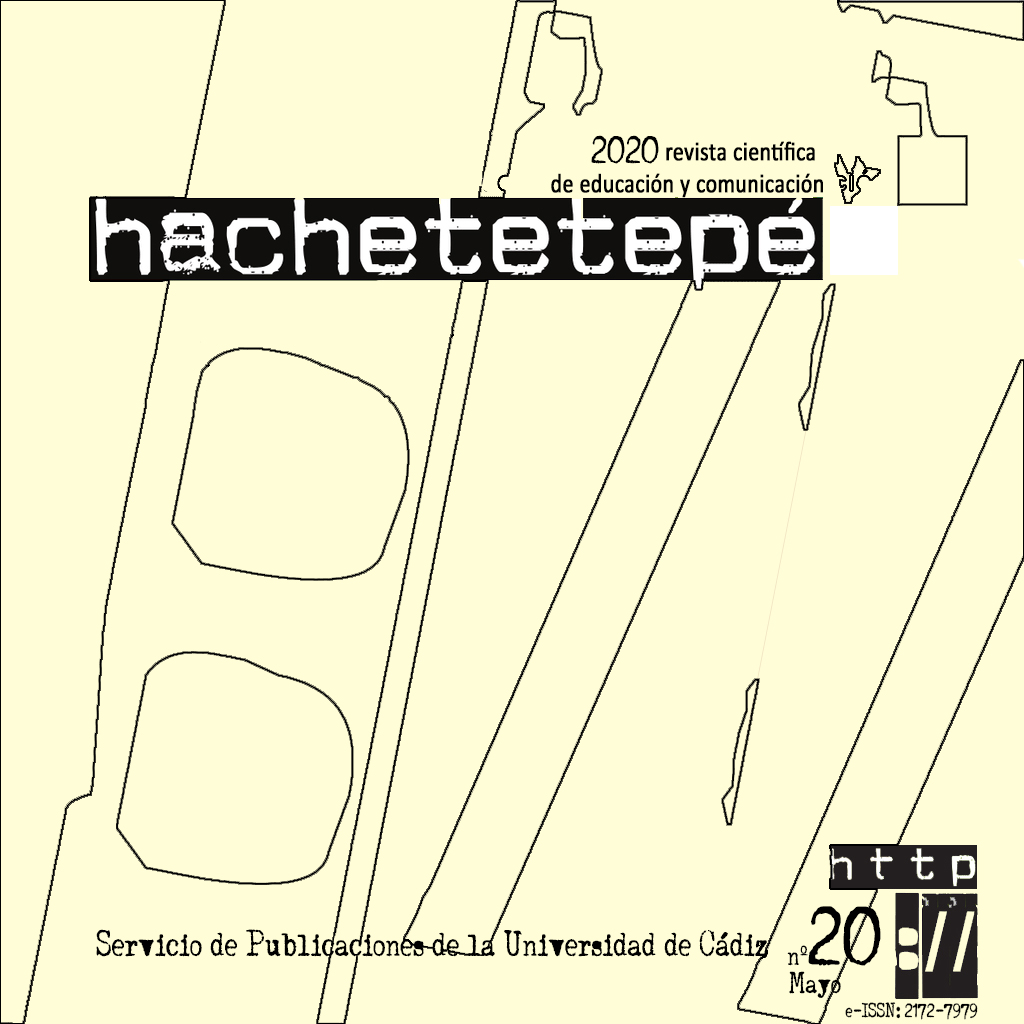Letters between social educators in Latin America: understanding of the historical moment lived
Abstract
The objective of this article is to understand the historical context in Latin America by establishing a relationship with social education through the exchange of letters between three social educators, Latin Americans, who work in the area of social education in Brazil and Uruguay, academic women and with A strong political and educational commitment to the popular classes, this article is designed to encourage other reflections on the processes of social education.In this article we will have the narrative as a methodological option, since we understand that it is full of singular meanings, which allow problematization, understanding and reveal certain phenomena, in this case, on social education, historical events are woven from from parts existentially selected by the narrators "[...] therefore, the narrative is not just the product of um" to tell ", she also has a power of effect on what she narrates" (Delory, 2012, p. 82).
Keywords
Downloads
How to Cite
License

This work is licensed under a Creative Commons Attribution-NonCommercial-NoDerivatives 4.0 International License.
Those authors who have published with this journal, accept the following terms:
- They will retain their copyright and guarantee the journal the right to first publication of their work, which will simultaneously be subject to the Creative Commons Attribution License . They may be copied, used, disseminated, transmitted and publicly displayed, provided that the authorship, url, and magazine are cited, and are not used for commercial purposes. No derivative works are allowed.
- They may adopt other non-exclusive license agreements for the distribution of the published version of the work (e.g., deposit it in an institutional telematic archive or publish it in a monographic volume) provided that the initial publication in this journal is indicated.
- Disseminate your work through the Internet (e.g., in institutional telematic archives or on your website) once the manuscript is accepted, which may lead to interesting exchanges and increased citations of the published work. (See The effect of open access).
Hachetetepé. Scientific journal of education and communication does not charge a fee for the submission of manuscripts or for the publication of its articles.
References
Antelo, E.(2005). Notas sobre la (incalculable) experiencia de educar” en “Educar: ese acto político. Compilado por Frigerio, G y Diker, G. Buenos Aires: Del Estante Editorial.
Camors, J. (2012). El Educador Social en Uruguay. Aspectos históricos y fundamentos que explican la construcción de la figura profesional. Montevideo, Uruguay: Edit. Grupo Magro.
Camors, J.(2009). Educación social acto político y ejercicio profesional. ADESU MEC Montevideo Uruguay.
Comisión de Implementación del IUDE. (2010). Informe final comisión de implantación del IUDE. Disponible en: https://educacion.mec.gub.uy/informe final comision de implantación del IUDE.pdf
Deleuze, G. (1990) ¿Qué es un dispositivo? En E. Balbier, G. Deleuze, G. y L. Hubert (eds.) Michel Foucault filósofo. Barcelona: Gedisa.
Delory, M. (2012). Pesquisa biográfica: projeto epistemológico e perspectivas metodológicas. Em M. Abrahão y M Passeggi. M. (Orgs.). Dimensões epistemológicas e metodológicas da pesquisa (auto) biográfica (pp. 71-93) Tomo I. Natal: EDUFRN: Porto Alegre: EDIPUCRS - Salvador: EDUNEB.
Freire, P. (2002) Pedagogia do Oprimido. Rio de Janeiro: Ed. Paz e Terra.
Larrosa, J.(1995). Tecnologías del yo y educación (Notas sobre la construcción y la mediación pedagógica de la experiencia de sí). En Larrosa, J. Escuela, poder y subjetivación. Madrid: La Piqueta.






